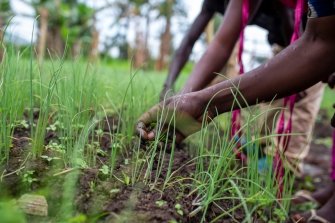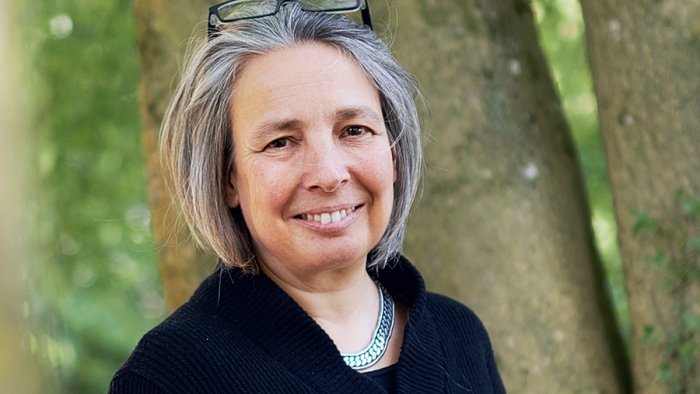UN criticises EFTA for jeopardising the right to food
The member countries of European Free Trade Association (EFTA) are jeopardising the right to food. This is what the UN Special Rapporteur on the right to food, Michael Fakhri, writes in a letter to the four countries. Fakhri refers to a clause in EFTA free trade agreements with countries of the Global South. This obliges the partner countries to introduce strict intellectual property rights on seeds, comparable to patents. The Swiss coalition Right to Seed is calling on the EFTA countries to remove this clause. It threatens farmer seed systems, the backbone of food security in many countries of the Global South.

The EFTA states (Switzerland, Norway, Iceland and Liechtenstein) are currently negotiating free trade agreements with Malaysia and Thailand. The economy of both countries to a large degree relies on smallholder agriculture. In the negotiations, EFTA is demanding compliance with the 1991 version of the Act of the International Union for the Protection of New Varieties of Plants (UPOV 91), which contains rigid requirements for plant variety protection. These make it impossible for countries such as Malaysia and Thailand to adopt their own regulations that are adapted to the agricultural realities in these countries. In his letter to the EFTA states, Special Rapporteur Fakhri writes that EFTA's practice regarding UPOV 91 jeopardises the implementation of the right to food.
For years, farmers' organisations and NGOs, in the Global South as well as in EFTA countries, including the Swiss organisations forming the coalition Right to Seed, have been calling on the EFTA states to abandon the UPOV 91 clause. This is because it contradicts the right to seed, which is enshrined in the UN Declaration on the Rights of Peasants, as well as in the Seed Treaty of the UN Food and Agriculture Organisation (FAO). However, EFTA's response to the Special Rapporteur's letter indicates that EFTA does not intend to reconsider the current practice and is likely to continue to demand a UPOV 91 clause in future negotiations.
EFTA demands what it does not implement itself
«It is particularly disturbing that by demanding the UPOV 91 clause, EFTA is asking partner countries to do something that they themselves do not fulfil,» says Simon Degelo from SWISSAID. Liechtenstein has no plant variety protection at all, while Norway has decided to adhere to the older UPOV 78 Act, which curtails farmers' rights less. Although Switzerland has ratified UPOV 91, it is only partially implementing it. It is incomprehensible that EFTA nevertheless insists on the controversial clause. With Syngenta, there is only one company based in Switzerland, as one of the EFTA countries, that could theoretically benefit from such a provision. «However, it is highly questionable why the Swiss State Secretariat for Economic Affairs (Seco), which is responsible for the dossier, should defend the interests of a Chinese-owned company whose seed business is controlled from Chicago,» says Tina Goethe from HEKS/EPER.
While the Malaysian government has signalled its willingness to implement UPOV 91, there is also resistance from Malaysian civil society. According to a statement signed by numerous farmers' and civil society organisations, Malaysia would have to adapt its plant variety protection in numerous respects. This would create loopholes for biopiracy, prohibit farmers from exchanging seeds and jeopardise the diversity and security of domestic food production.
The Swiss Right to Seed Coalition therefore calls on Switzerland and the other EFTA countries to take the criticism by the Special Rapporteur on the right to food seriously and to finally abandon the UPOV 91 clause that’s highly problematic in regard to human rights.

